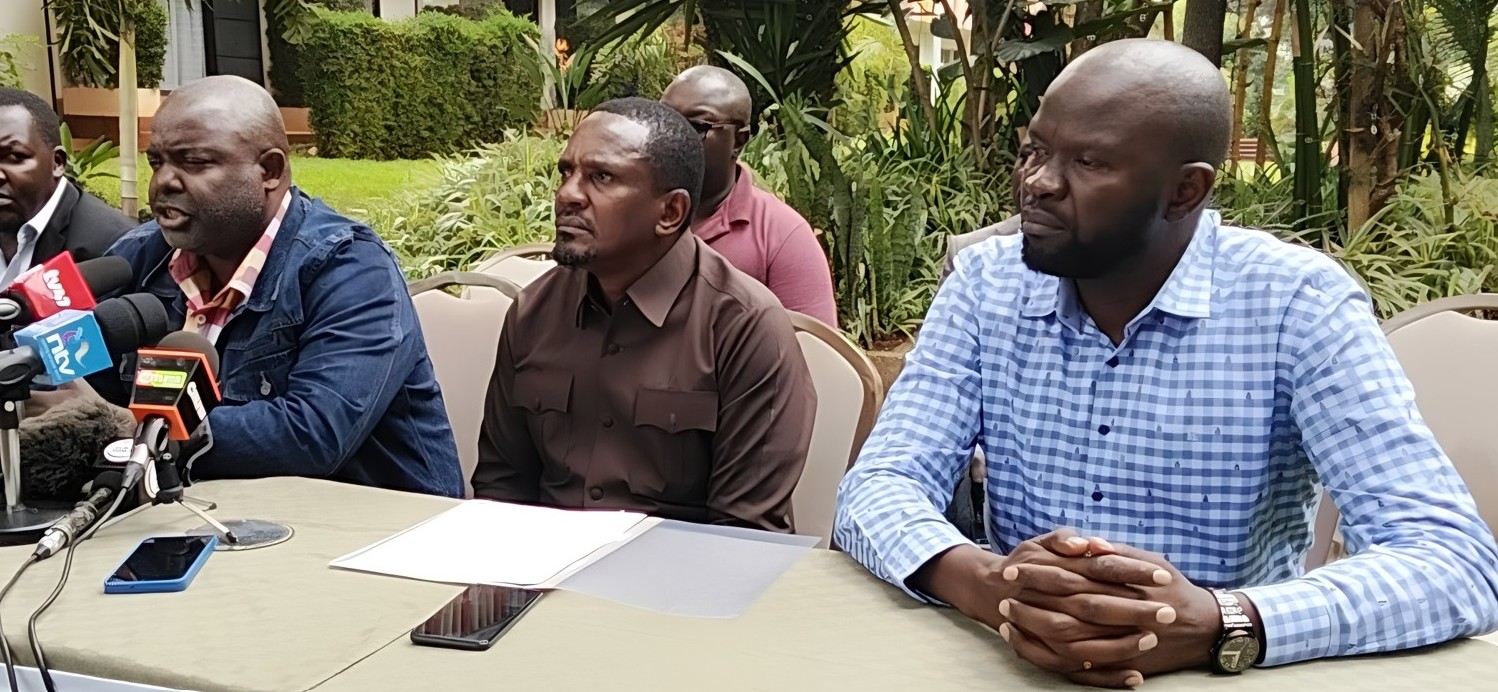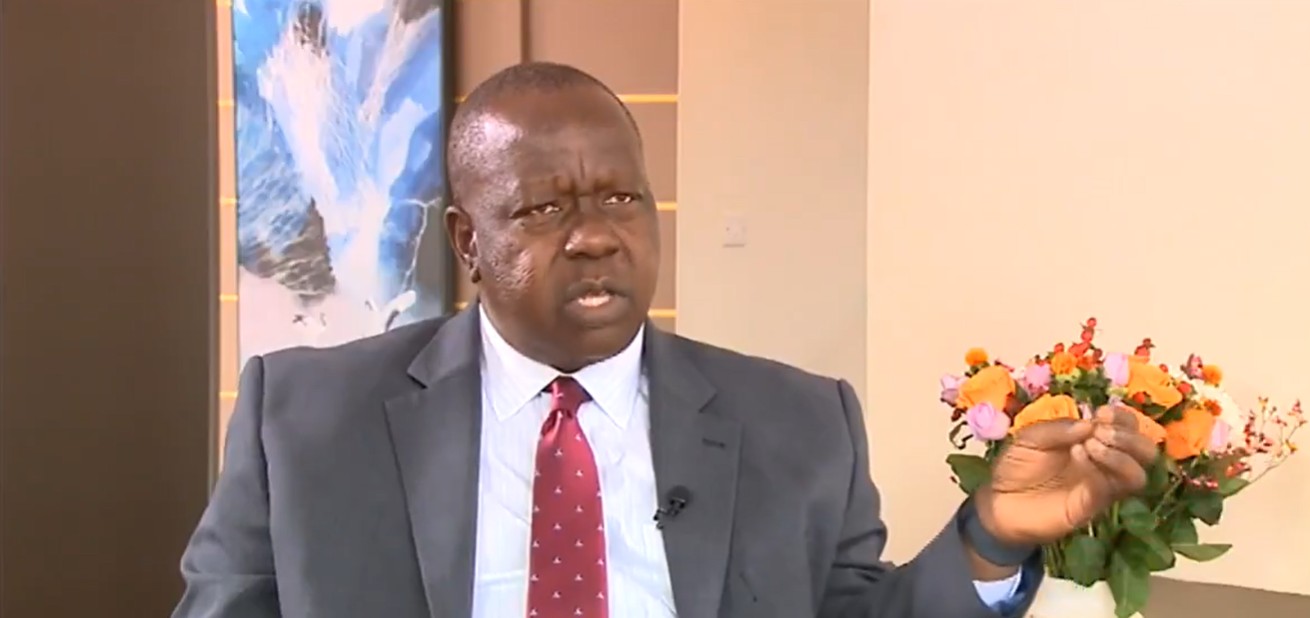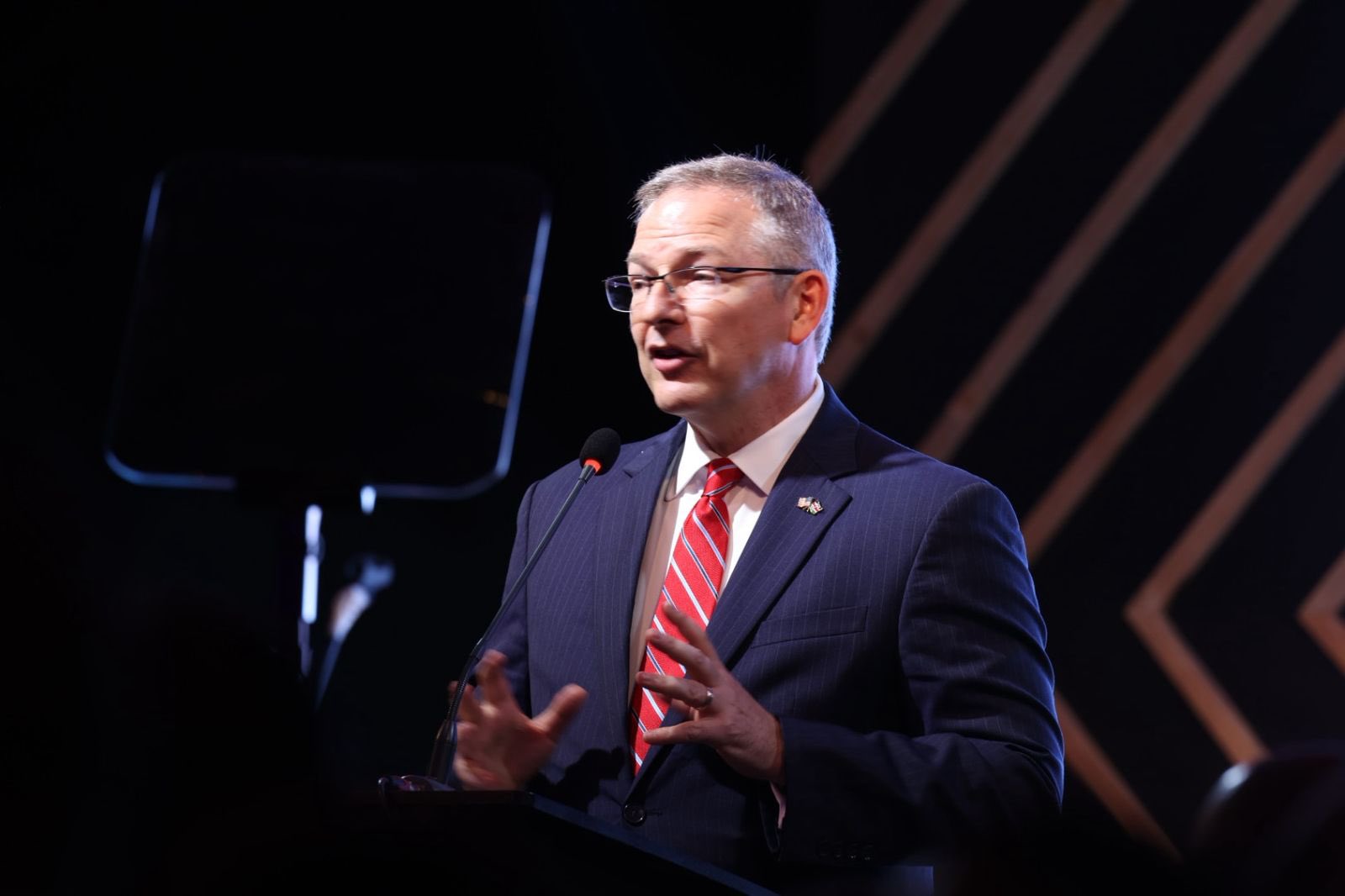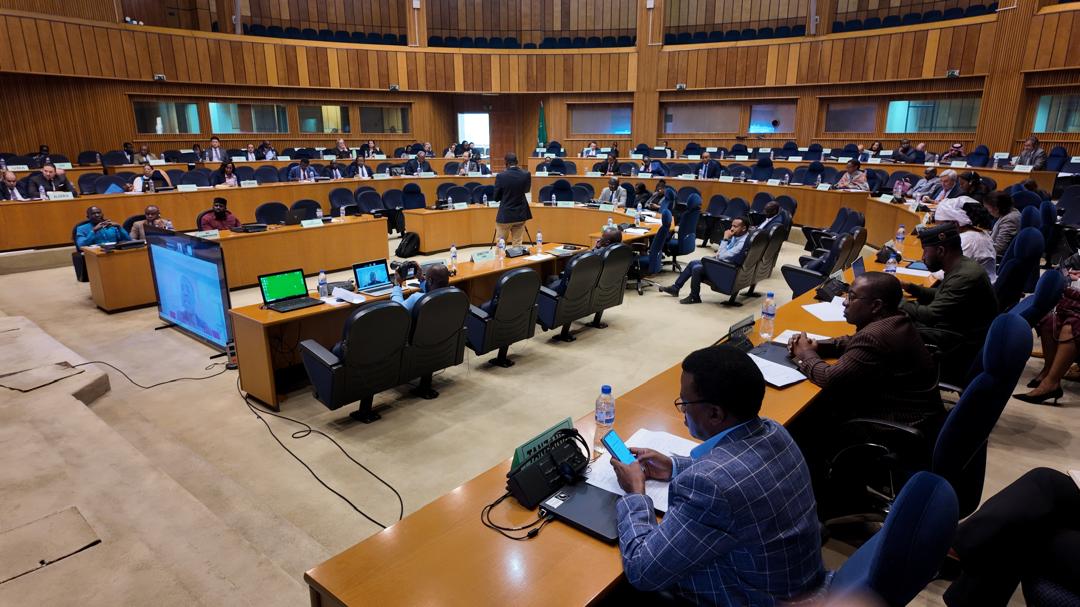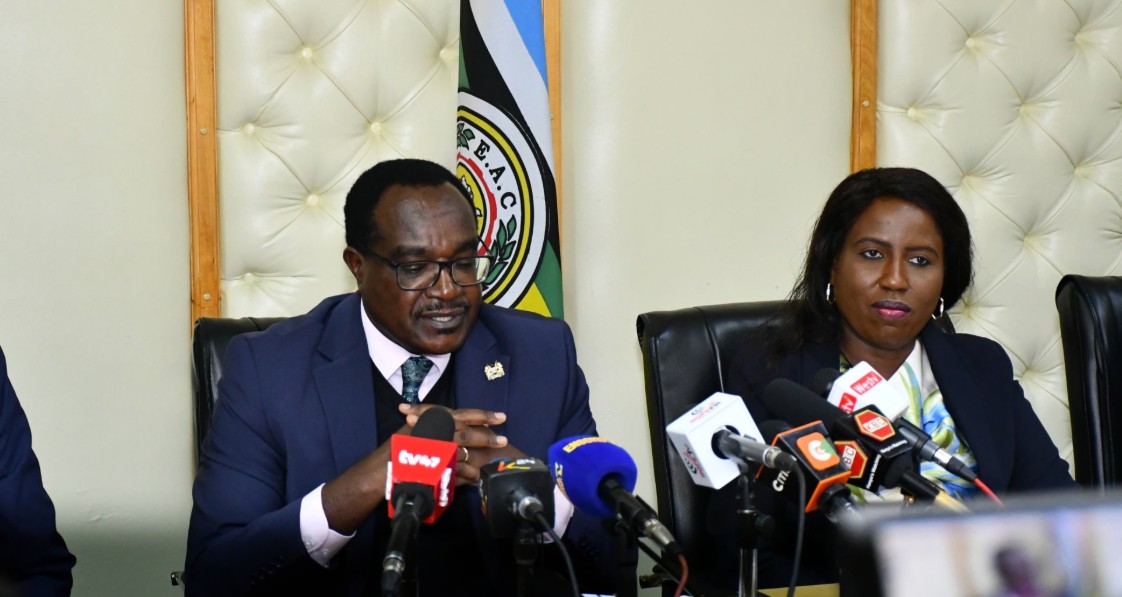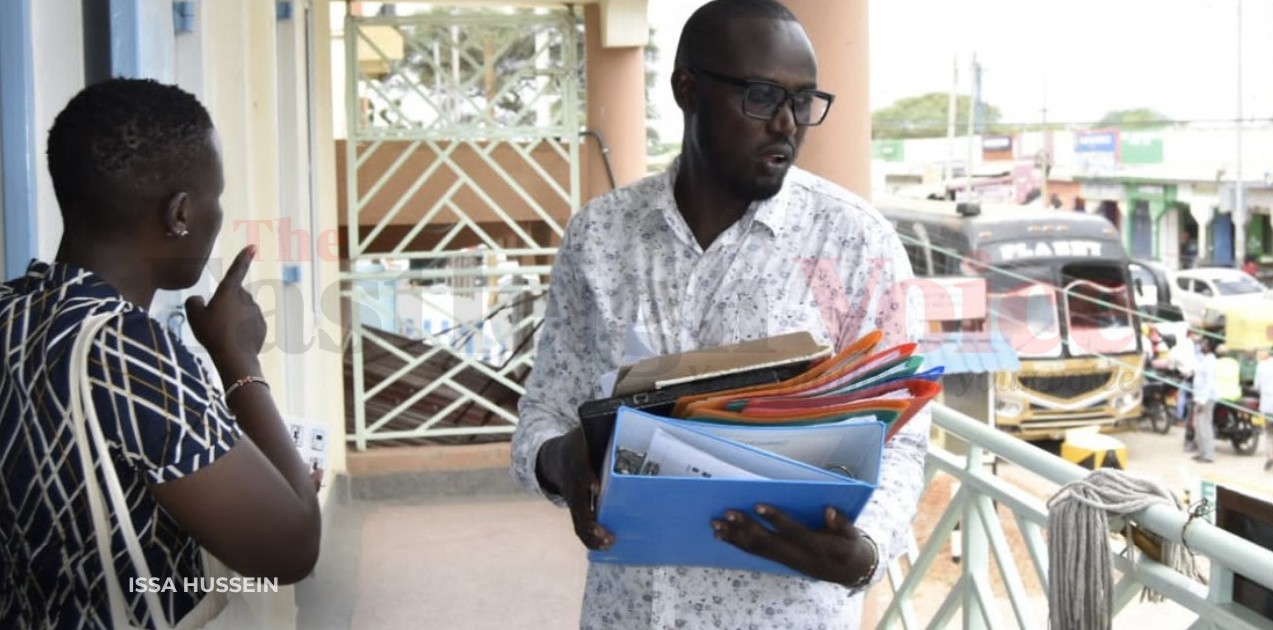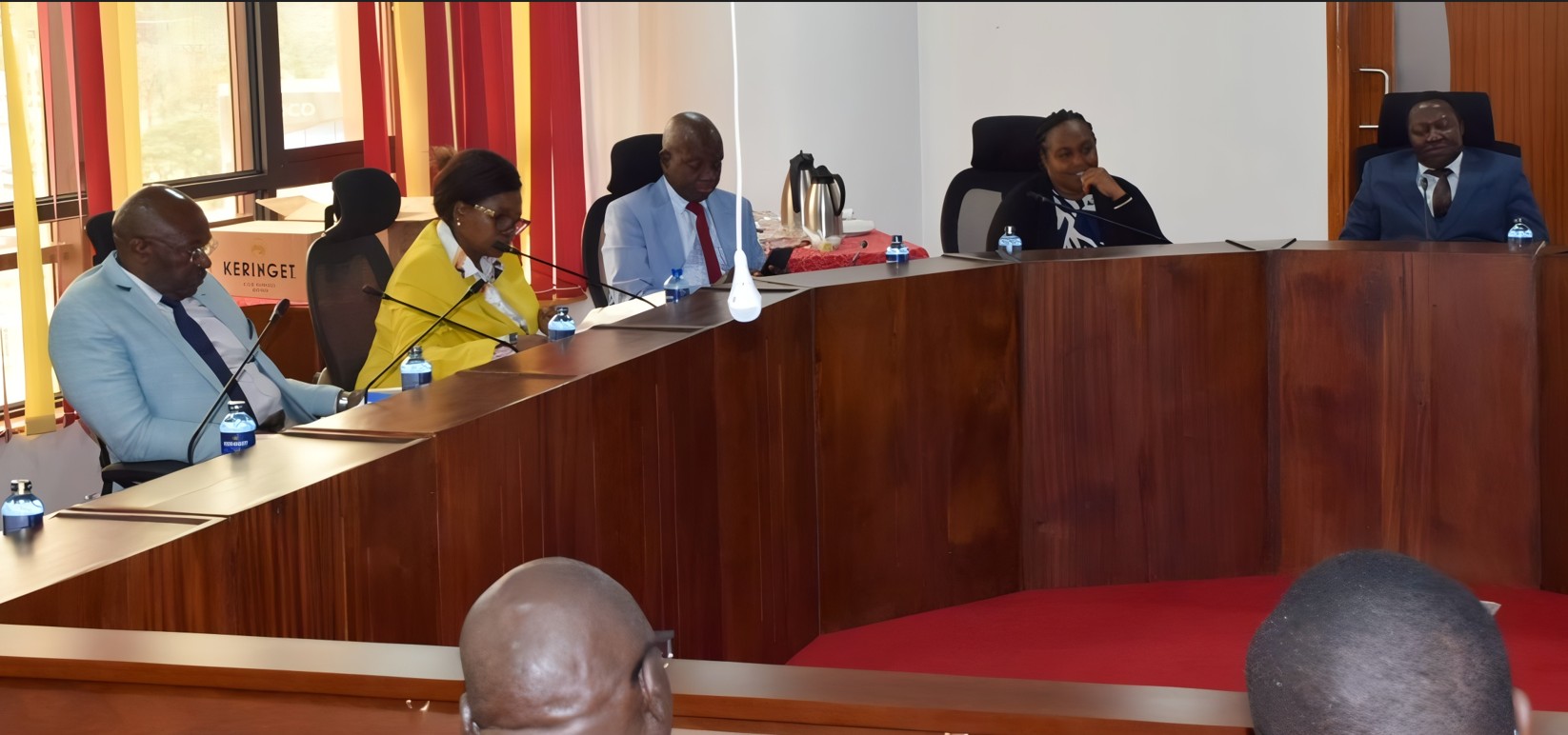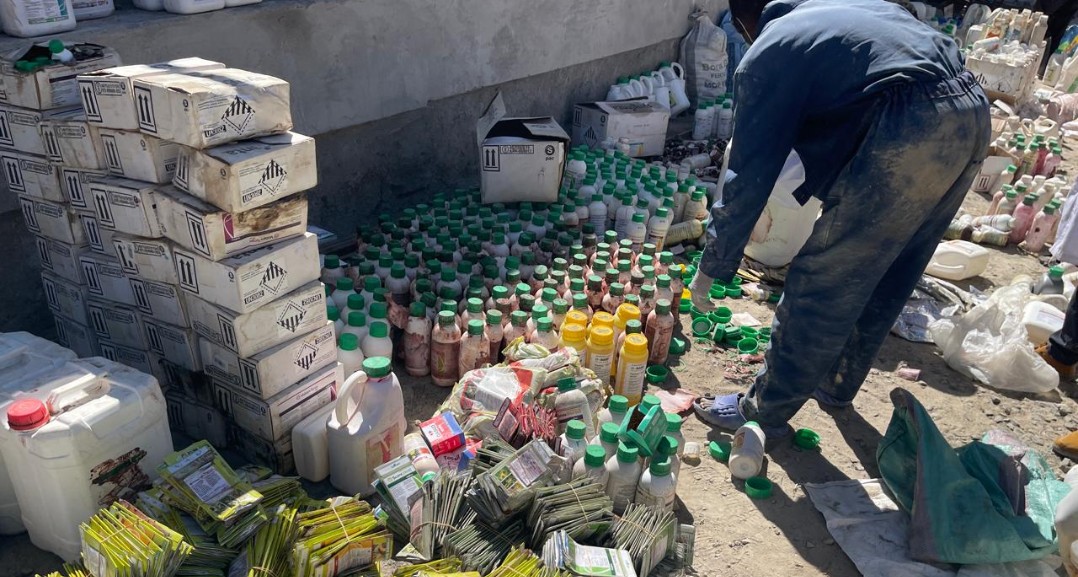National Gender and Equality Commission urges government to step up protection for persons with albinism
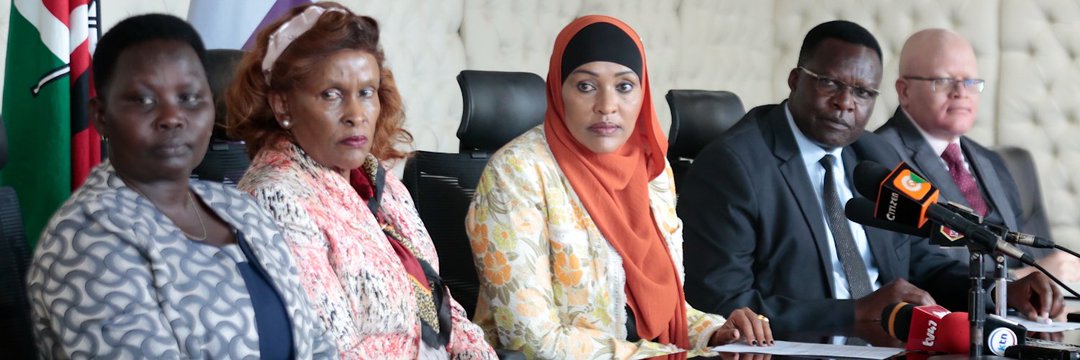
The National Gender and Equality Commission (NGEC) urged the government to fully implement the National Action Plan on Albinism (2023–2028).
As the world marks International Albinism Awareness Day, the National Gender and Equality Commission (NGEC) has urged the Kenyan government to take stronger, coordinated measures to protect and promote the rights of persons with albinism.
In a statement released, NGEC said that despite notable progress in legislative and policy reforms, persons with albinism in Kenya continue to face systemic discrimination, health risks, and social exclusion.
"Globally, persons with albinism (PWAs) continue to face multiple and intersecting human rights violations, including discrimination, marginalisation, and violence fueled by harmful cultural beliefs. As of September 2024, over 730 attacks and 248 killings of PWAs had been reported across 31 countries," NGEC said.
The commission urged the government to fully implement the National Action Plan on Albinism (2023–2028).
“Kenya is home to 9,729 persons with albinism, which is only 0.02 per cent of the population, yet the barriers they face are far greater than their numbers suggest,” the commission said, citing the 2019 census.
“We acknowledge the progress that has been made in law and policy, but what matters most is ensuring that these protections are felt in classrooms, workplaces, and health facilities across the country."
NGEC also urged the enforcement of the newly enacted Persons with Disabilities Act, 2025. According to NGEC, healthcare remains a major concern for this group. NGEC noted that people with albinism often struggle with extreme vulnerability to sun exposure, which significantly increases their risk of developing life-threatening skin cancers.
However, access to life-saving sunscreen and medical care remains limited and unaffordable for many.
“Access to affordable and quality healthcare, including dermatological and vision services, must be prioritised,” the commission said, adding that sunscreen should be provided as an essential health product under public health programs.
In the education sector, NGEC acknowledged the gains made in inclusive education but pointed out that learners with albinism still face numerous challenges, including visual impairments, lack of specialised support, and discrimination in school settings.
The commission called for better training of teachers, provision of assistive learning devices, and learning environments that support the academic success of learners with albinism.
The commission also called for a national campaign to raise public awareness, dispel harmful myths, and end the stigma and discrimination often associated with albinism.
It added that more persons with albinism should be included in leadership positions, both in government and in the private sector.
NGEC reiterated Kenya’s constitutional commitment to equality and non-discrimination, stating that protecting the rights of persons with albinism is not only a human rights issue but also a measure of the country’s progress in social inclusion and justice.
Top Stories Today

